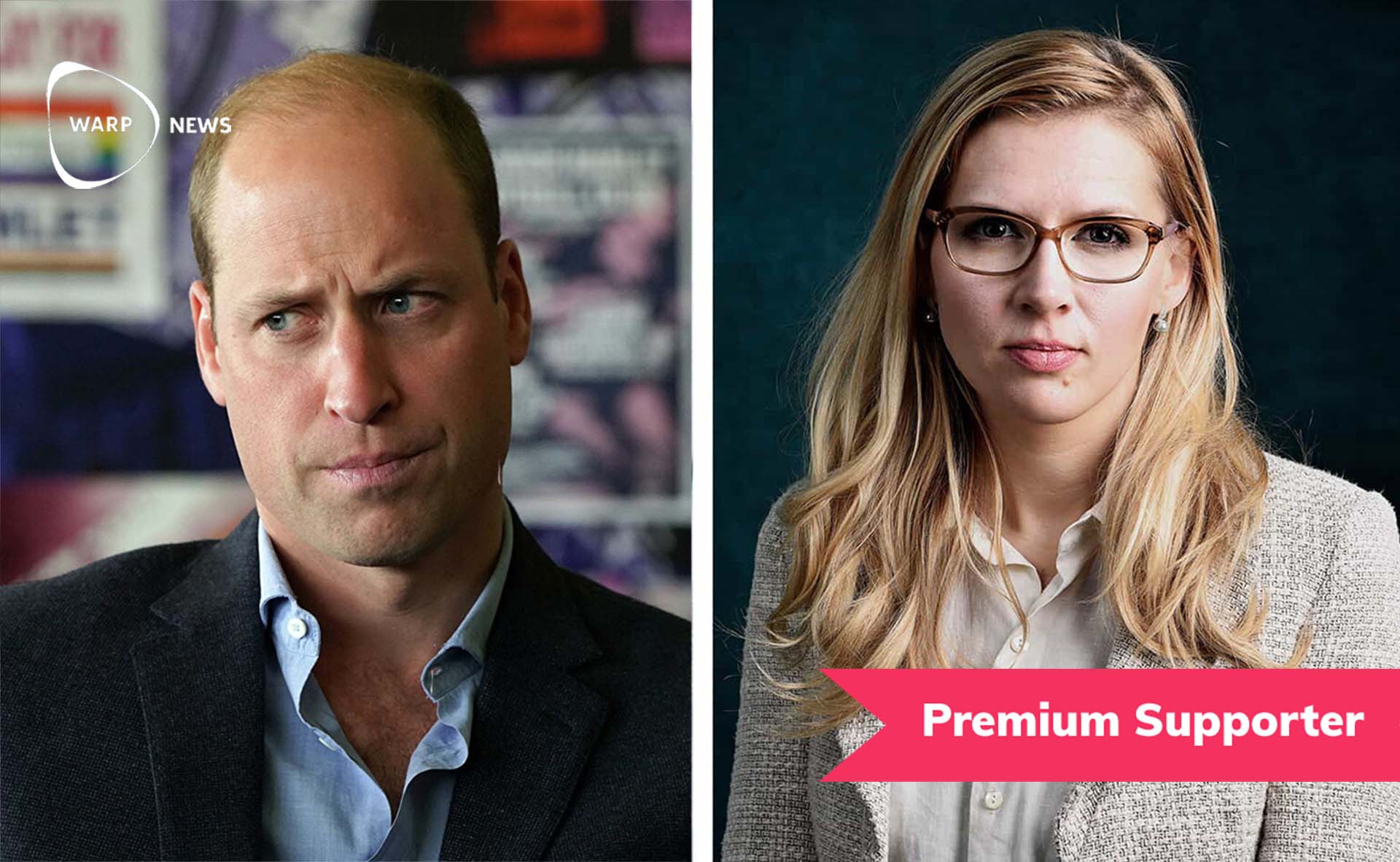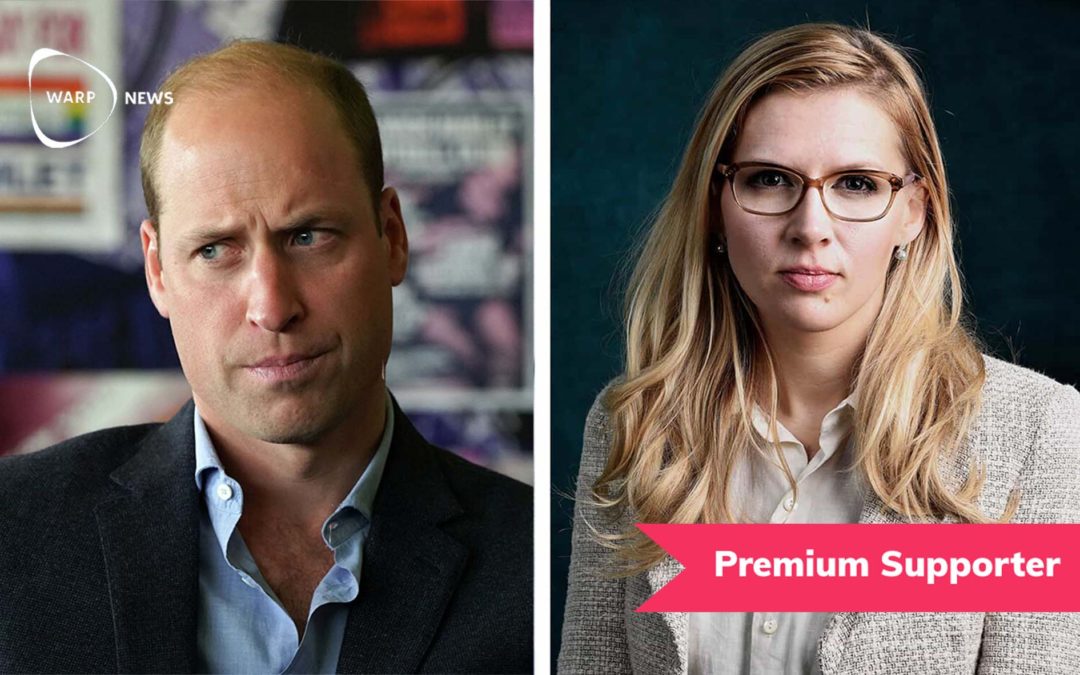
Space is not something just "out there." However, most people, including royals such as the Duke of Cambridge, tend to believe that.
In an attempt to address the climate issue, Prince William recently criticized entrepreneurs – "billionaires" – for exploring space instead of focusing on the challenges the Earth is grappling with.
"We need some of the world's greatest brains and minds fixed on trying to repair this planet, not trying to find the next place to go and live," the prince told BBC, which several news outlets have reported on since.
Prince William's concerns regarding the state of the Earth are most certainly genuine. Also, his father, Prince Charles, has for many years now been engaged in environmental issues. Most likely, the Royal family at large want to use their power to put pressure on climate politics. This is an admirable stance itself, considering the reach they have. However, the statement as such suggests that exploring and researching space is the opposite of taking care of the Earth and developing life as we know it here.
The prince continued to reveal how he personally has no interest in going into space, underlining how irrelevant he sees the voyages carried out by entrepreneurs and innovators. And honestly speaking, it is not that difficult altogether to understand where he is coming from. I have found myself thinking similarly about these issues.
There seems to be plenty enough worth to discover on Earth during a person's lifespan. Why even bother about other worlds? Also, not having read fantasy fiction extensively or engaged with Star Trek, it is for people like us an easy task to dismiss space enthusiasts as individuals stuck in "boy dreams." Especially when the jargon on vessels, materials, and calculations become too detail-oriented to follow for a layman, yet, here I would argue that more of us who have not had space previously on our personal agendas, and perhaps even less so, space traveling, need to reflect further on what is at stake.
In fact, space exploration is proven valuable in almost all aspects of human life when you think about it.
Very basically speaking, satellites, for instance, give us an overview of life on Earth which is essential, especially from an environmental perspective. And then there is the whole range of various forms of experimentations carried out in space which help drive innovation and research in various technological fields, including health care. Lessons learned out there help us down here.
Yet, of course, some parts of the space tourist concept will not in every given moment fulfill the criteria of a full-fledged research program in itself. There is, of course, a fair deal of sheer amusement associated with these adventures and trips.
The thought of leaving Earth, even for a short period of time, is also still very much of an existential event. The idea of humankind as a whole leaving or at least planning for leaving Earth in the future, even more so. The impact of these issues makes it possible to end up reasoning as if we are choosing space over the Earth just by exploring and traveling into it.
Entrepreneurs such as Richard Branson and Elon Musk are pushing the limits for both human innovation and presence in space, and it is perhaps not always a pretty job. As the prince notes, it is also associated with the use of both human (brain)energy and fuel energy, which has an impact on the Earth. However, dismissing the whole space adventure as just an adventure in its most colloquial meaning is contra-productive and also misses the bigger picture.
I do not hold any intriguing answer to what the end of all this extraterrestrial exploring will mean in the long run. However, I do see a need for more doubting Thomases than rigid preachers engaging in the debate.
How far would humanity have come in any aspect of curiosity and innovation had been banned and curbed more efficiently? Creativity and innovation need to run free in order to succeed. Hopefully, more people, including princes, will become more open to this in the future.





